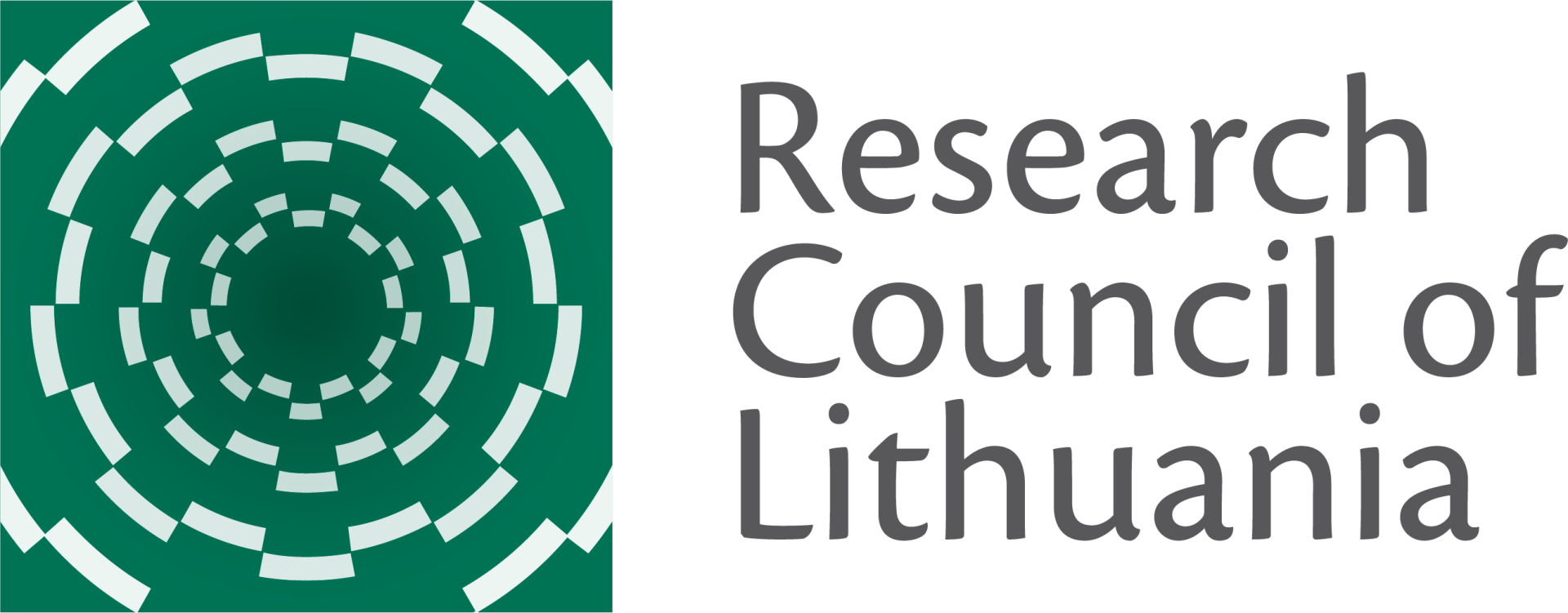Project idea
Tyrimas siekia analizuoti valdysenos formas ypatingos padėties sąlygomis per COVID-19 pandemiją Lenkijoje ir Lietuvoje, skiriant ypatingą dėmesį mobilumo ir migracijos praktikų reguliavimui. Projektu siekiama prisidėti prie 1) mobilumo ir migracijos reiškinių konceptualizavimo iš ypatingos padėties valdysenos perspektyvos bei 2) sociopolitinių ypatingos padėties sąlygų, formuojančių mobilumo ir migracijos politikas, analizės. Siūlomame tyrime bus atlikta išsami lyginamoji empirinė analizė, lyginanti Lenkijos ir Lietuvos ypatingos padėties valdysenos modelius, jų pasirinkimo motyvus, taip prisidedant prie platesnių diskusijų apie įvairių ES valstybių narių reakcijas ir jų skirtumus COVID-19 krizės kontekste bei mūsų regiono valstybių tariamą ar tikrą išskirtinumą.
Lietuva ir Lenkija yra itin panašios valstybės, tinkančios lyginamajai studijai, kaip esančios sąlyginai nesenos ES valstybės narės su daug kultūrinių, istorinių ir socialinių ekonominių bendrumų, išryškėjusių ir per ypatingos padėties valdysenos formų pasirinkimą ir reagavimą į krizę. Be to, jos abi sąlyginai gerai susitvarkė su pandemija (bent jau jos pradžioje, 2020 m. pirmoje pusėje), remiantis tiek jų pačių, tiek išoriniais vertinimais. Tačiau kartu jos skiriasi savo dydžiu, savo požiūriu į europinį bendradarbiavimą, savo ekonominiais ir gerovės modeliais. Tad jų lyginimas leidžia atskleisti regioninę atsako į COVID-19 pandemiją specifiką ir įsigilinti į abiejų šalių skirtingus ypatingos padėties valdymo pasirinkimus ir jų motyvus.
Projekte keliami du pagrindiniai tyrimo klausimai: 1) kokios ir kaip mobilumo ir migracijos valdysenos formos reiškėsi abejoms valstybėms reaguojant į COVID-19 ir 2) kaip paaiškinti abiejų valstybių panašumus ir skirtumus ypatingos padėties sąlygomis ir formuluoti iš to ryškėjančius valstybių pasirinktus atsparumo modelius. Projekto rezultatų įtaka mokslo ir disciplinos raidai: tyrimas inovatyvus ir originalus tiek savo tema, tiek požiūriu, tiek metodologija. Nėra įprasta analizuoti mobilumo praktikas ypatingos padėties ir jos valdysenos situacijoje, o šios praktikos pandemijos kontekste buvo centrinės ir gavo daug vyriausybių dėmesio savo reguliavimo apimtimi. Tad šiuo tyrimu bus įsigilinta į netyrinėtas sritis: ypatingos padėties valdysenos praktikas pandemijos sąlygomis, valstybių atsparumo idėjos stiprėjimą, jo modelio formulavimo pasirinkimų pagrindimus ir praktikų realizavimą, valstybių priimamų ypatingų sprendimų sąlygas, varijuojančias nuo naujų kontrolės formų diegimo iki valstybinio improvizavimo priimant sprendimus netikrumo sąlygomis.
Projektas tikslus realizuos įgyvendindamas penkis uždavinius: 1) lyginamojo teorinio metodologinio analizės modelio formulavimas; 2) diskursų, politikos ir valdysenos praktikų, kovojant su COVID-19 pandemija, Lenkijoje ir Lietuvoje analizė; 3) konkretaus atvejo tyrimas: mobilumo ir migracijos praktikų, politikų ir diskurso analizė; 4) sociopolitinio ir istorinio mobilumo ir migracijos politikų konteksto atskleidimas; 5) požiūrių į ypatingos padėties valdyseną lyginimas tarp dviejų valstybių ir bendresnių teorinių implikacijų formulavimas. Empirinis tyrimas remsis dviem pagrindiniais metodais: diskurso analize ir kritine proceso sekimo analize.
Pranešimai konferencijose:
Natalijos Arlauskaitės pranešimas "What Solidarity?: Pandemic (Im)mobility Governance Discourse in Lithuania, 2020 2021" Varšuvos Universiteto Migracijos studijų centro seminare, 2022 m. spalio 14 d. Pranešimo skaidrės.
Dovilės Jakniūnaitės pranešimas "Modes of Emergency during Covid Pandemic in Lithuania: 2020-2022" Varšuvos Universiteto Migracijos studijų centro seminare, 2022 m. spalio 14 d. Pranešimo skaidrės.
Dovilės Jakniūnaitės pranešimas "Routinising and ritualising multiple emergencies: how Lithuania dealt with three crisеs in 2020-2022" AABS (Association for Advancement of Baltic Studies) konferencijoje 2024 m. birželio 13-16 d. (Yale universitetas, JAV). Pranešimo skaidrės.
Natalijos Arlauskaitės, Neringos Mataitytės ir Rasos Bortkevičiūtės pranešimas"What Solidarity? Pandemic Governance Discourse in Lithuania, 2020-2022" ECPR General Conference, 2023 m. rugsėjo 4-8 d. (Charles University, Praha, Čekija). Pranešimo skaidrės.
Publikacijos:
Jaroszewicz, Marta, Mateusz Krępa, and Marta Pachocka. 2024. “The Discourse and Practices of Polish Migration Policy during the COVID-19 Pandemic – Economisation as a Form of Emergency Governance.” Comparative Migration Studies 12 (1): 29. https://doi.org/10.1186/s40878-024-00388-x.








